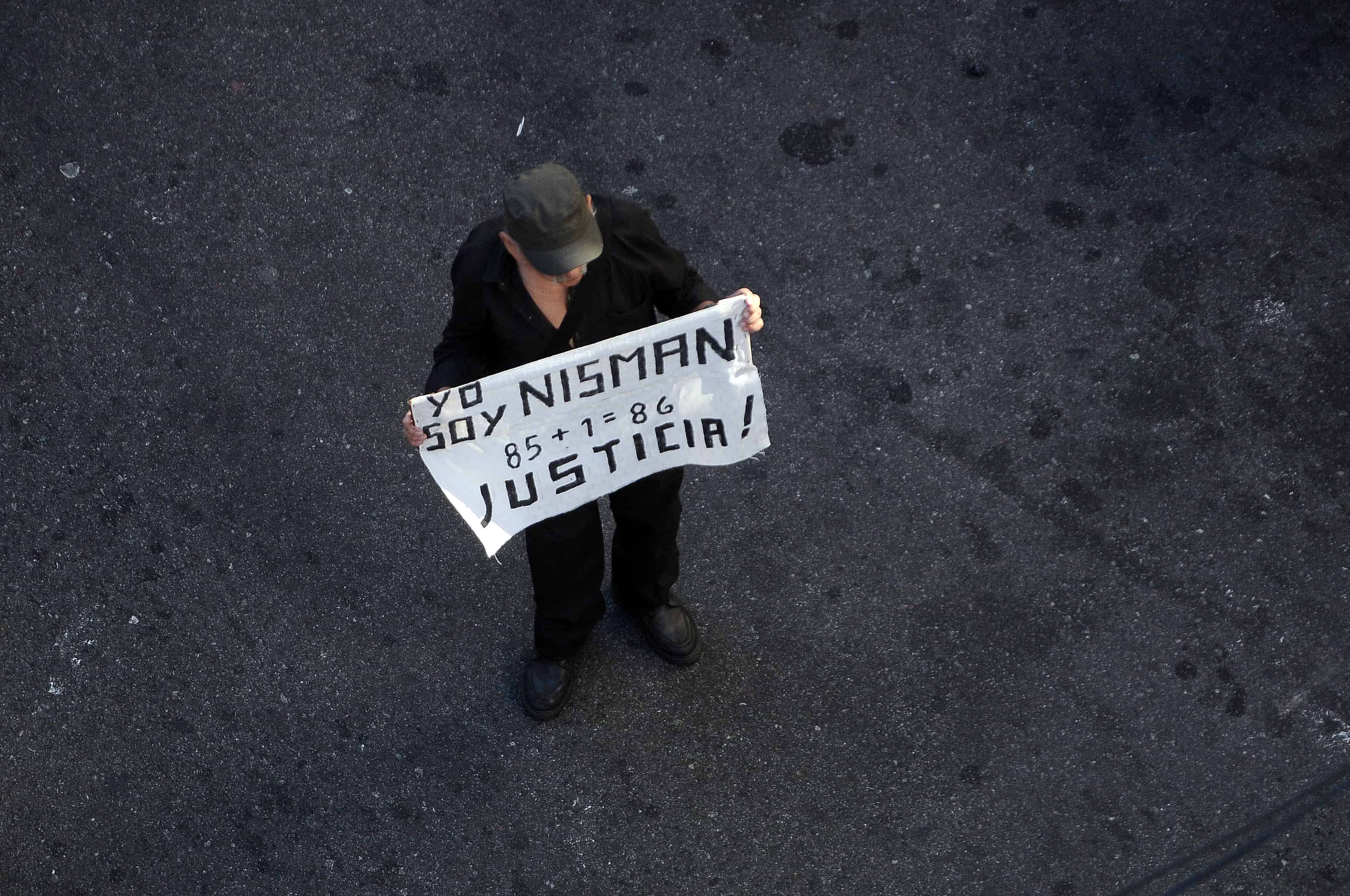BUENOS AIRES, Argentina — Argentine prosecutors on Wednesday appealed a judge’s decision to dismiss their case against President Cristina Kirchner for allegedly protecting Iranian officials accused of orchestrating a deadly 1994 bombing.
Prosecutors are seeking to relaunch the case that was being brought by their late colleague Alberto Nisman, who died mysteriously after accusing Kirchner of shielding Iranians suspected of ordering the bombing at a Buenos Aires Jewish center.
Lead prosecutor Gerardo Pollicita argued in his 35-page appeal that Judge Daniel Rafecas was overly hasty in his decision last Thursday to throw out the case.
“A criminal allegation of such unusual gravity and institutional impact as the one presented by Nisman demands every possible effort be made to reach the real truth of what happened,” he wrote. “Faced with a premature ruling, there must be a new analysis of the evidence in the case and a broad review of the decision.”
The appeal will be considered by a higher court, the Federal Chamber, which must decide whether to appoint a judge and prosecutor to continue the investigation. If it rejects the appeal, the case will be closed unless new evidence emerges, said constitutional lawyers.
Rafecas had assailed the prosecution’s case in his ruling, saying that “none of the alleged crimes presented by Pollicita in his petition to the court are demonstrated in the least.”
The long-unsolved bombing at the Argentine Jewish Mutual Association killed 85 people and wounded 300.
Nisman accused Iran of ordering the attack via Lebanese militant group Hezbollah.
Four days before his death on January 18, he filed a report accusing Kirchner, Foreign Minister Hector Timerman and other figures close to the government of protecting high-ranking Iranian officials, including former president Akbar Hashemi Rafsanjani, in exchange for oil and other trade benefits.
Nisman was found dead in his Buenos Aires apartment of a gunshot wound to the head on the eve of congressional hearings where he was due to present his allegations about the president.
Pollicita’s team then took over the file and formally renewed his accusations.
Since Nisman’s death, initially labeled a suicide, suspicion has fallen on Kirchner’s government of orchestrating his murder.
The president has suggested the prosecutor was manipulated by disgruntled former intelligence agents who killed him to smear her.
Kirchner has clashed with Argentina’s intelligence establishment, sacking the top officials at the Intelligence Secretariat (SI) and introducing a bill to disband it that passed the legislature last week.
Embassy bombing scrutinized
The government took out ads in several local newspapers Wednesday accusing Nisman of trying to destabilize it.
“With the case (against Kirchner) dismissed, we must ask ourselves what objectives Nisman was pursuing,” said the ad.
“Is it possible to think of any other explanation than seeking to create political instability?”
A separate controversy meanwhile swirled around another bombing, a 1992 attack outside the Israeli embassy in Buenos Aires that killed 29 people and wounded 200.
On Tuesday the Supreme Court’s chief judge said the case had been closed since the court found in 1999 that members of Hezbollah carried out the attack.
But no one was ever convicted and Kirchner has called for it to be reopened.
“The case is not closed. There’s no sentence. It’s still open, we need to keep investigating,” a top Kirchner aide, Anibal Fernandez, said.
“In criminal law, the case is closed when there’s at least one person charged, tried and convicted.”
The two attacks devastated Argentina’s Jewish population, the largest in Latin America at about 300,000 people.






